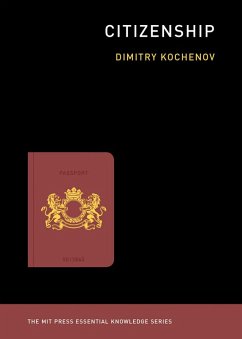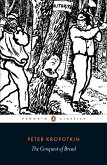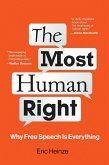The glorification of citizenship is a given in today's world, part of a civic narrative that invokes liberation, dignity, and nationhood. In reality, explains Dimitry Kochenov, citizenship is a story of complacency, hypocrisy, and domination, flattering to citizens and demeaning for noncitizens. In this volume in the MIT Press Essential Knowledge series, Kochenov explains the state of citizenship in the modern world.
Kochenov offers a critical introduction to a subject most often regarded uncritically, describing what citizenship is, what it entails, how it came about, and how its role in the world has been changing. He examines four key elements of the concept: status, considering how and why the status of citizenship is extended, what function it serves, and who is left behind; rights, particularly the right to live and work in a state; duties, and what it means to be a "good citizen”; and politics, as enacted in the granting and enjoyment of citizenship.
Citizenship promises to apply the attractive ideas of dignity, equality, and human worth—but to strictly separated groups of individuals. Those outside the separation aren't citizens as currently understood, and they do not belong. Citizenship, Kochenov warns, is too often a legal tool that justifies violence, humiliation, and exclusion.
Dieser Download kann aus rechtlichen Gründen nur mit Rechnungsadresse in A, B, BG, CY, CZ, D, DK, EW, E, FIN, F, GR, HR, H, IRL, I, LT, L, LR, M, NL, PL, P, R, S, SLO, SK ausgeliefert werden.
"Kochenov's book should be a wake-up call for constitutional and international theorists and practitioners to promote an agenda for redefining citizenship as well as the structures governing it." International Journal of Constitutional Law









